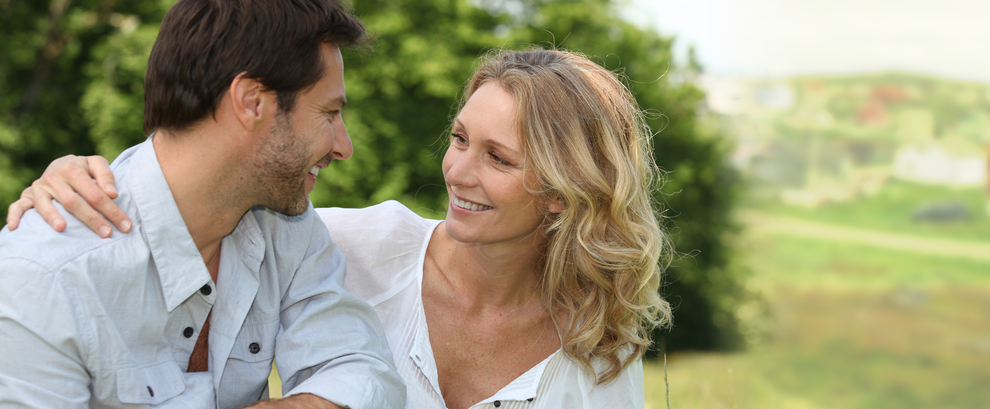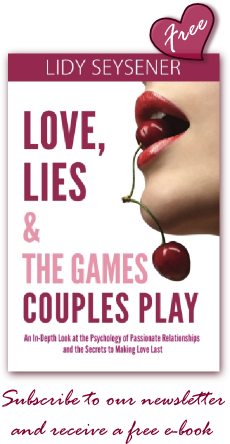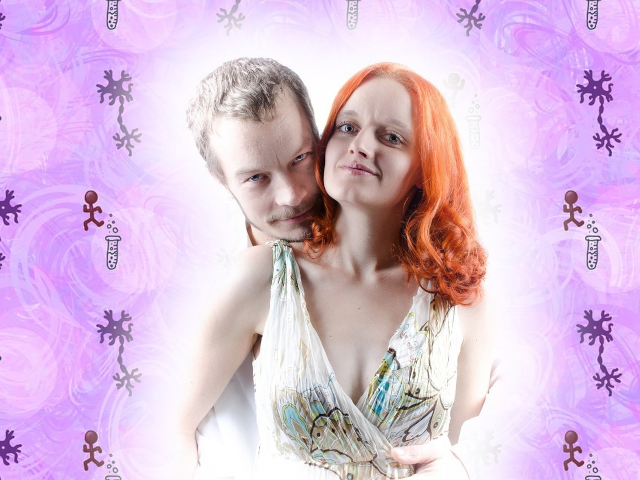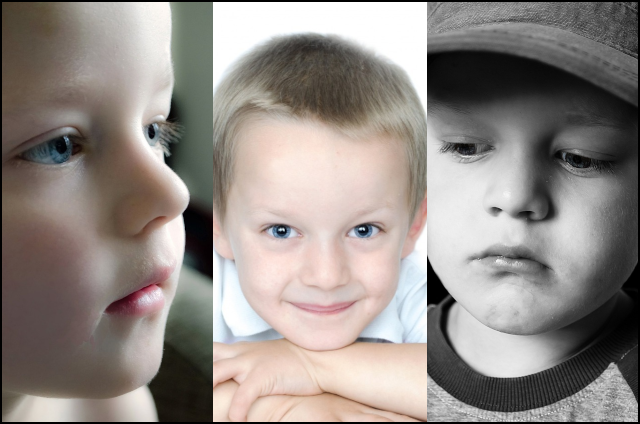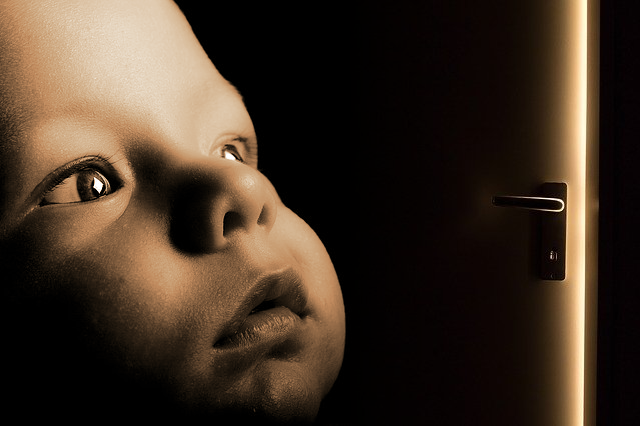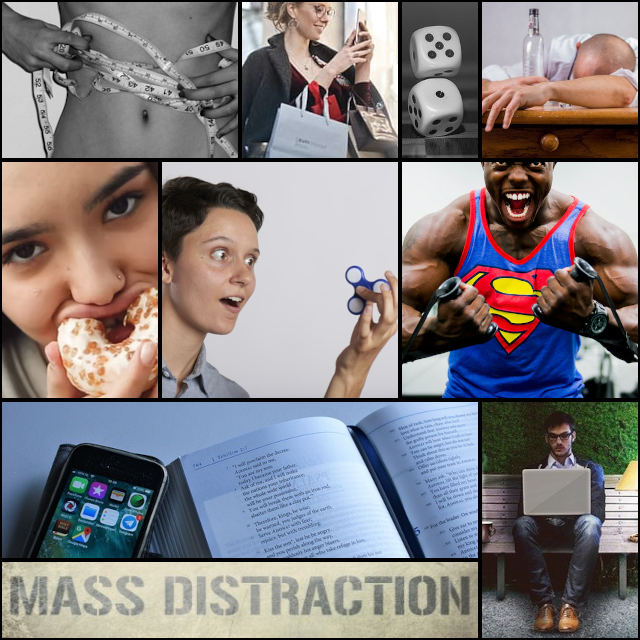The first stage of a relationship is a time of exclusive attachment. It creates such a strong connection that it seems that the couple cannot survive separately. The honey bee has the same attachment to a flower where both the bee and the flower benefit. For the bee it’s pollen to make honey and for the flower it’s a way of being pollinated by another as the bee hops from flower to flower.
Now you’re not a honey bee but the relationship between two people when they first meet can be similar in that they become so close that all their attention is focused on each other, often to the exclusion of everyone, and everything else.
The first time in your life when you should have experienced this was in your relationship with your mother when you were first born...
Read More


